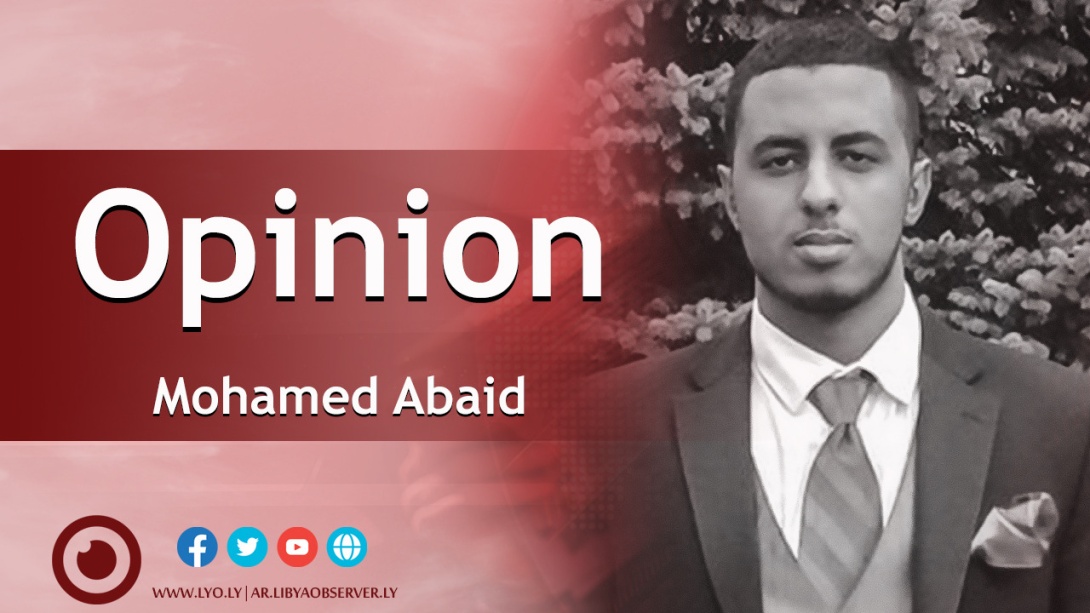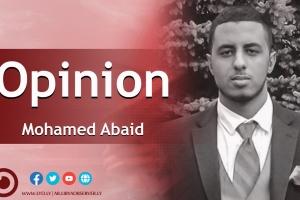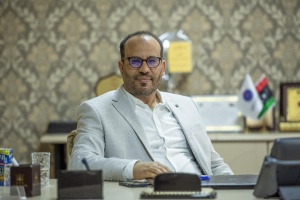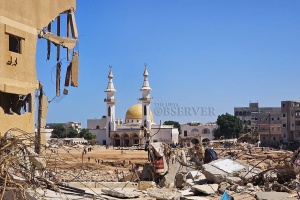By Mohamed Abaid, Independent Libyan Analyst
The Monarchical Gambit: Mohammed El Senussi and Libya's Tangled Path to Stability

Introduction
Libya, a nation still reeling from the aftershocks of the 2011 revolution, stands at a crossroads. The proposed return of Mohammed El Senussi, the heir to Libya's former monarchy, marks a potential turning point in the nation's tumultuous journey towards stability.
Libya's Fragmented Leadership
The Libyan political landscape is a mosaic of divided authority. In the East, Khalifa Haftar, a warlord, and Osama Hammad, the Eastern Government's Prime Minister, hold sway. The West is governed by Abdul Hamid Dbeibah, with Mohamed Menfi leading the Presidential Council and Aguila Saleh as the House of Representatives' Speaker. Mohamed Takala's alignment with Dbeibah adds another layer to this complex political puzzle.
Abdul Hamid Dbeibah's Strategic Move
As the anniversary of the February 17th revolution approaches, Prime Minister Dbeibah envisages a bold move. His plan to invite Mohammed El Senussi to the celebration is more than a symbolic gesture; it signals a potential shift towards reinstating the monarchy as a "new" solution to Libya's longstanding woes. This strategy, however, is fraught with uncertainty and the risk of further complicating Libya's fragile political equilibrium.
The Presence of Mohammed El Senussi
El Senussi's return to Libya for this significant event is emblematic of a possible reconnection with a past era. While some view it as a path to unity and stability, others question the viability and appropriateness of a monarchical system in the current political context.
The Shadow of Saif al-Islam
Complicating matters is the enigmatic figure of Saif al-Islam Gaddafi, rumored to be in Bani Walid under the protection of the 444 Brigade. His presence and potential political ambitions add a volatile element to an already complex situation.
Monarchy as a Solution?
Dbeibah's proposal to reintroduce a constitutional monarchy under El Senussi is a gamble. It could offer a sense of historical continuity and a unifying figurehead, or it could exacerbate divisions and resistance, particularly from power players like Khalifa Haftar.
Public and International Reaction
The Libyan public, bearing the scars of a decade of conflict, may view this initiative with a blend of hope and skepticism. Internationally, the prospect of a constitutional monarchy in Libya is likely to attract significant attention, with various global and regional actors recalibrating their strategies in response.
Conclusion
The potential reintroduction of the monarchy, symbolized by Mohammed El Senussi's return during the February 17th revolution celebrations, represents a critical juncture in Libya's ongoing struggle for stability and unity. It's a move that could either pave the way for a new chapter in Libyan history or plunge the nation deeper into the quagmire of political uncertainty.
Disclaimer: The views and opinions expressed in this article are those of the writer, and do not necessarily reflect those of the Libya Observer





